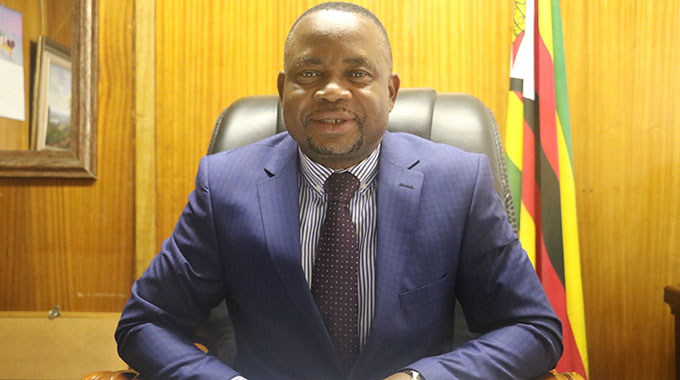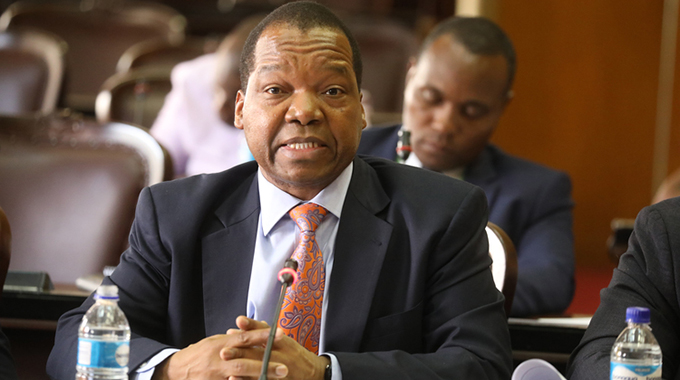Professional rules for teachers on cards

Felex Share Senior Reporter
Government is working on establishing a Teaching Profession Council (TPC) under which teachers will apply for registration before being issued with a teaching practice certificate. The proposed changes are contained in the Teaching Profession Council Bill which is expected to provide for the regulation of the educators, their practice and professional conduct.
Public hearings to solicit views on the Bill started yesterday.
According to a schedule provided to teachers’ unions by Government, the hearings started yesterday in Hwange, Matabeleland North Province and will end on March 14 after the canvassing of input from all the 10 provinces.
Representatives from teachers unions, officials from the Ministry of Primary and Secondary Education and Public Service Commission (PSC) are conducting the hearings.
Reads the Bill: “A person shall apply to the Council for registration as a teacher in the prescribed manner and form upon payment of the prescribed fee. The Council may, within thirty days of receipt of an application under subsection (I) grant or reject the application. The Council shall, where it rejects an application under subsection (2), inform the applicant, in writing, and give the reasons for the rejection. A person aggrieved with a decision of the Council may, appeals within thirty days of service of the decision, appeal to the Minister. A person aggrieved with a decision of the Minister may, within thirty days of service of the decision, appeal to the High Court.
“The Council shall, where an applicant meets the requirements of this Act, issue the applicant with a certificate of registration if the applicant—(a) possesses such knowledge, and training and experience as may be prescribed; (b) holds a qualification from a training institution recognised by the Council; (c) is resident in Zimbabwe, or has an established office or appointment in Zimbabwe in the teaching profession; (d) is of good character and good professional standing; and meets such other requirements as the Council may determine.”
On disqualification from registration, a person shall not qualify for registration as a teacher “if he or she does not possess the prescribed qualifications; has, for any reason, ceased to practise as a teacher or been de-registered; has been convicted of an offence involving fraud or dishonesty under this Act or any other written law; has been declared to be of unsound mind under the Mental Health Act; has been found, by the Disciplinary Committee, to be guilty of professional misconduct.”
Apex Council organising secretary Mr Charles Chinosengwa yesterday welcomed the proposed changes.
“The Bill is good for us teachers as it is safe to guard our profession, like nursing,” he said.
“You cannot pick someone from the street to come and teach. It was long overdue. It is not coming to replace unions but its unions working towards that. We will be doing the same as nurses that you have to be registered to practice on yearly basis. As unions we have five members in the working group so in other words we have total ownership of this initiative.”
The function of the council shall be to register teachers, regulate their professional conduct, develop, maintain and improve appropriate standards of qualification in the teaching profession and promote continuing professional development amongst teachers.
“The functions of the Teaching Profession Council shall be to develop, promote and enforce internationally comparable teaching profession practice standards so as to improve the quality of education in Zimbabwe and promote an understanding of professional ethics amongst the teachers; create awareness of the importance of protecting the public against unsound teaching practices and ensure that the rules and guidelines for professional ethics are responsive to the expectations of the public; investigate allegations of professional misconduct and impose such sanctions as may be necessary,” reads the Bill.
The TPC shall also advise Government on matters relating to the teaching profession and facilitate the acquisition of knowledge by teachers through the emphasis on the need for teacher continuous professional development.










Comments